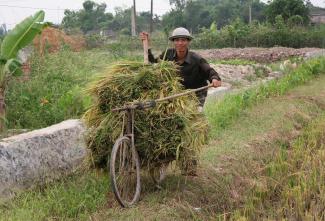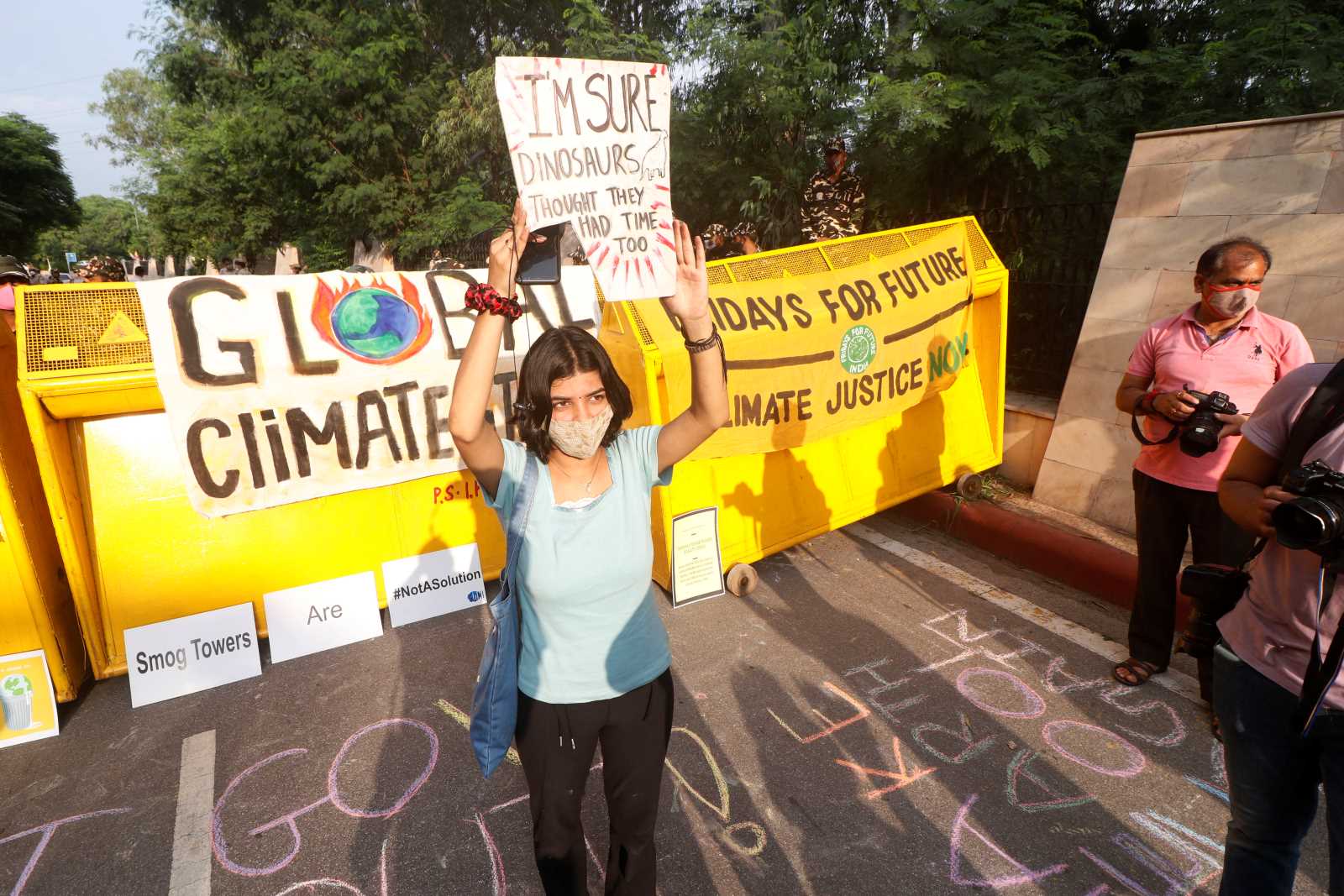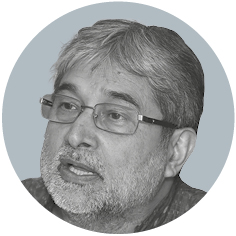Renewables
Rural network must improve

In this context, modernising the rural power network is of high importance. Village communities obviously need electricity to prosper. It is a major achievement that roughly 97 % of rural households in Vietnam had access to electricity last year. In 1975, only 2.5 % of rural households were connected to the grid. However, in many places power supply is still not reliable. Services must become more efficient and sustainable, and the utility management must become more accountable.
Of 9000 electrified municipalities, 5000 are currently served by local distribution units. Since many of them do not perform in a satisfying manner, the Government has assigned the state-owned utility Electricity of Vietnam (EVN) to take over all units that are not operating well. This decision was in line with the National Target Programme to Respond to Climate Change of 2008, which compliments the GGS.
Upgrading the rural network is a huge task. There are three main challenges:
- The existing electricity infrastructure was built 20 to 30 years ago and is now obsolete in many places. One result is energy loss. Local grids tend to be ill-designed. The quality of the low-voltage service is frequently inadequate, and safety rules are often violated. According to EVN data, the average energy loss is around 20 % in rural networks, and rises to 40 % to 50 % in some areas. Such inefficiency requires an extensive amount of funds to be fixed.
- Improving the infrastructure is expensive, however, so funding is an issue too. The EVN estimates that a comprehensive programme to upgrade the local networks will cost the equivalent of $ 2 billion to $ 3 billion. Rural demand is growing fast, and the low-voltage system is being expanded fast, moreover, so the medium-voltage network must be enhanced too. Given the low electricity tariff and Vietnam’s credit ratings, EVN hardly attracts financing from the commercial market, but mainly relies on funding form development institutions. For instance, KfW development bank is supporting the climate-friendly modernisation of Vietnam’s rural networks on behalf of Germany’s Federal Government. Other partners include the World Bank, the Asian Development Bank and France’s Agence Française de Développement (AfD). All these development institutions provide long-term loans with low interest rates plus technical assistance. However, these funds are not sufficient to comprehensively improve the network.
- To operate and maintain the network, competent staff is needed as the modernisation and extension of rural power networks has resulted in millions of new consumers.
The modernisation of the rural power network serves the double purpose of improving people’s lives and mitigating climate change. In this context, greater energy efficiency means that less power needs to be generated in the first place. Vietnam is a developing country at the bottom of the middle-income category. The Government wants to create a low-carbon economy without forsaking development. To achieve this two-pronged goal, Vietnam will need to continue its own effort and get further support from the international donor community.
Do Thi Bich Ngoc is the senior project coordinator for the energy sector in KfW’s Hanoi office.
do-thi-bich.ngoc@kfw.de














